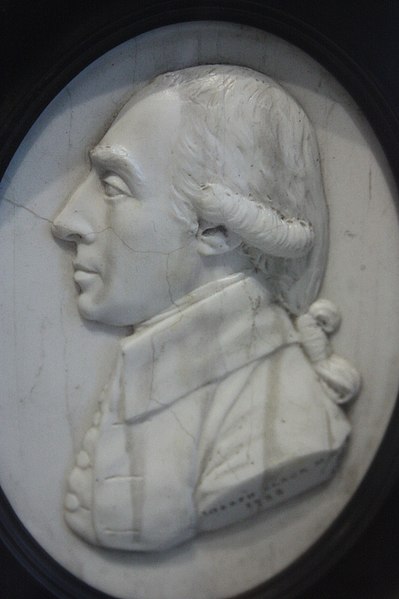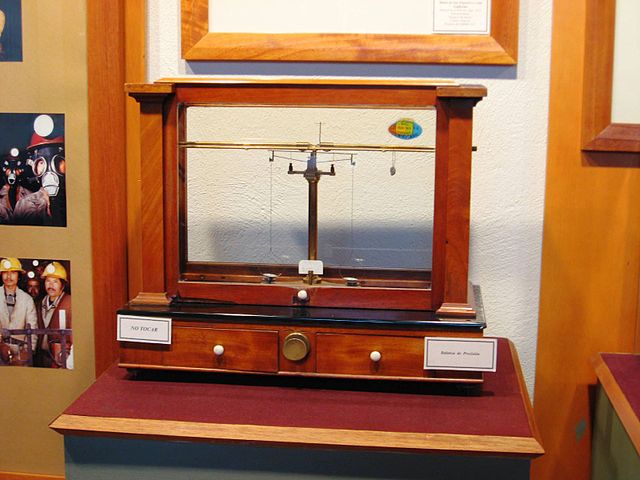Thermochemistry is the study of the heat energy which is associated with chemical reactions and/or phase changes such as melting and boiling. A reaction may release or absorb energy, and a phase change may do the same. Thermochemistry focuses on the energy exchange between a system and its surroundings in the form of heat. Thermochemistry is useful in predicting reactant and product quantities throughout the course of a given reaction. In combination with entropy determinations, it is also used to predict whether a reaction is spontaneous or non-spontaneous, favorable or unfavorable.
The world's first ice-calorimeter, used in the winter of 1782–83, by Antoine Lavoisier and Pierre-Simon Laplace, to determine the heat evolved in various chemical changes; calculations which were based on Joseph Black's prior discovery of latent heat. These experiments mark the foundation of thermochemistry.
Joseph Black was a Scottish physicist and chemist, known for his discoveries of magnesium, latent heat, specific heat, and carbon dioxide. He was Professor of Anatomy and Chemistry at the University of Glasgow for 10 years from 1756, and then Professor of Medicine and Chemistry at the University of Edinburgh from 1766, teaching and lecturing there for more than 30 years.
Portrait by Sir Henry Raeburn in 1790
Joseph Black plaque by James Tassie, Hunterian Museum, Glasgow
A precision analytical balance
The world's first ice-calorimeter, used in the winter of 1782–83, by Antoine Lavoisier and Pierre-Simon Laplace, to determine the heat evolved in various chemical changes, calculations which were based on Joseph Black's prior discovery of latent heat.




